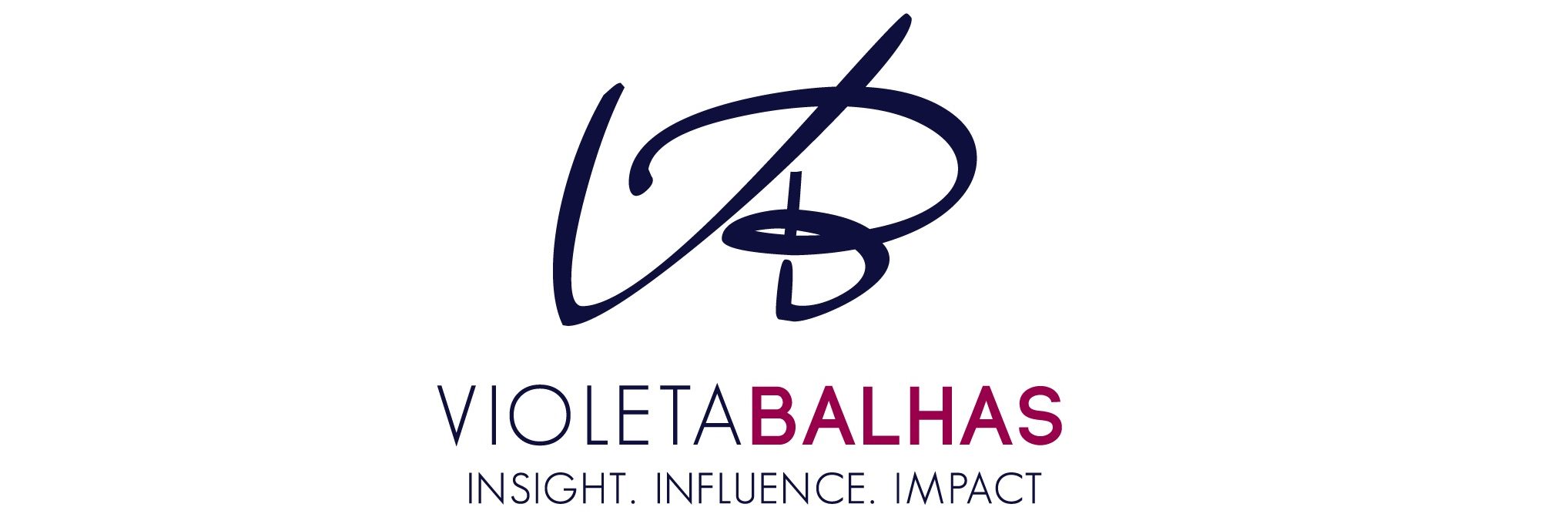I’m still good friends with most of the people in the divorce support group of when I was in the thick of it ten years ago. A lot has happened since then, and one of the most interesting things has been how many of us have opted to not pursue any romantic relationships. There’s the “Been there, done that” and “I’m happy on my own” types, but the really interesting ones are those who say they could never trust someone else ever again.
Have a think about that: one person’s actions ten years ago, making every potential romantic interest suspicious. Every one. Forever. Does it seem fair or logical? No. The issue isn’t with what someone else might do, but with what we might: making a choice, being vulnerable, feeling, acting… that stuff is all us. The subtext of “I could never trust someone else ever again” is actually “I could never trust myself with someone else ever again”.
Last week I introduced the idea of the trust pyramid, with self-trust at the base. There’s a reason: when we don’t trust ourselves, we don’t truly trust anyone, or anything, else. Trusting ourselves also means that when other people break our trust – and they will, if we’re actually out there, interacting with other fallible human beings – we hold firm: it may disappoint us, or even rock us to the core, but it won’t devastate us. But probably far more importantly, self-trust underlies the most important relationship we’ll ever have – the one with ourselves.
How to develop trust in ourselves is a question for the ages, and I have to tell you now that there are no easy fixes, or quick ones. Each step below could also be a book on its own, and worth exploring further if you are serious about learning to trust yourself and reaping the benefits.
Surround Yourself with the Right People
Let’s get this one out of the way quickly. You may – just may – be surrounded by the kind of people who erode your self-trust. At best they may do it in subtle ways, by constantly questioning everything you say and do, and at worst, they may actually be abusive. Yes: people are supposed to question you occasionally. (I couldn’t do without the handful of people who call me to account if they’re worried about a choice I’ve made.) So ask yourself the key questions: “Is this person trying to support me, nurture me, or challenge me?” If the answer is yes, make them part of your inner circle. If the answer is no, banish them to the outer edge… and poke them repeatedly with a sharp stick until they go.
Keep Promises to Yourself
Trustworthy people come through for others, over and over again. You can learn self-trust just like that – by coming through for yourself. It may not be easy; many people wouldn’t dream of breaking a promise to someone else but think nothing of breaking one to themselves. In talking about promises I mean literal promises, and also goals, and the acts of backing yourself or committing to something. Every time you come through on them, your self-trust grows. If you are not used to keeping promises to yourself, begin now: choose simple promises, make them your first priority, and reward yourself for keeping them. Make promises bigger and hairier as you get good at keeping them. Oh, and by the way? You don’t get out of this one by saying, “If I don’t make promises, I don’t have to worry about keeping or breaking them!” People who don’t make promises are fundamentally suspicious – so there.
Live a Life that Is Congruent with Your Values
Values drive us; they are central to who we are. Do you know what your values are? At their most basic and vital? If you don’t, you will be used to feeling conflicted, and constantly doubting yourself. Find out what your values are, and compare them against the choices you make: do they match? When they do, you are honouring something essential, even sacred; this honour nourishes self-trust like nothing else can. When they don’t, there’s a part of you deep inside that asks, “If I can’t trust him to live by this most essential, sacred thing, then what can I trust him with?” When you live a life that’s congruent with your values, you’ll also reap much more than self-trust: you’ll have more peace, happiness, and energy, and making decisions and promises will become a natural thing.
Have High Quality Communications with Yourself
At the end of the day, it had to come down to communication. But not just any communication: your inner dialogue. Tony Robbins said that the quality of our lives is ultimately determined by the way we communicate with others, and with ourselves. This is a big, big statement to ponder, and not necessarily an easy one. What is your self-talk like? As you think about that, I want you to remember the people I mentioned earlier. Who do the voices in your head sound like? The ones that support, nurture, or challenge you, or the ones that deserve to be banished? Everything you do to develop your self-trust can be undone by the kind of cruel messages that you’d never dream of telling others, but think nothing of telling yourself. On the other hand, high-quality communications will lead to high quality lives.
Whether you take all steps at once or one at a time, learning to trust yourself is life changing – and an apprenticeship for what’s next: trusting others. More of that next week. See you then!


